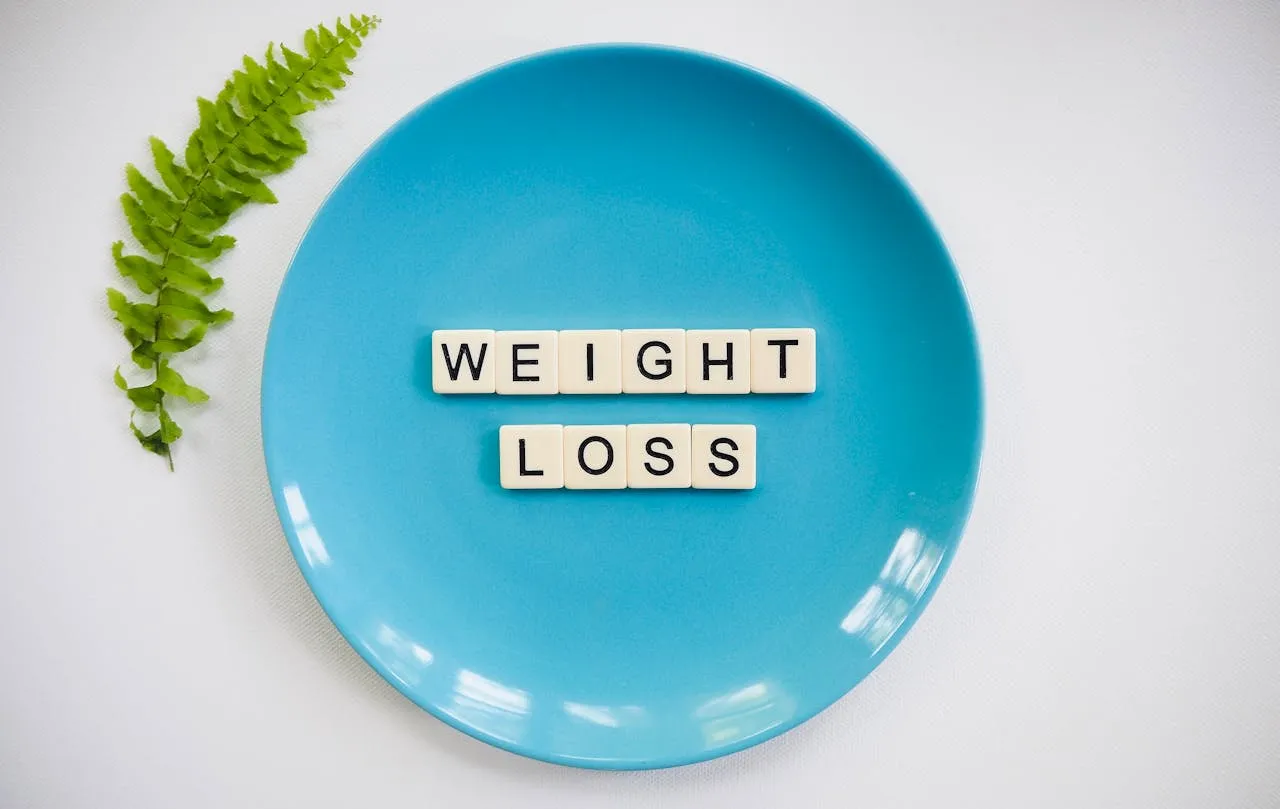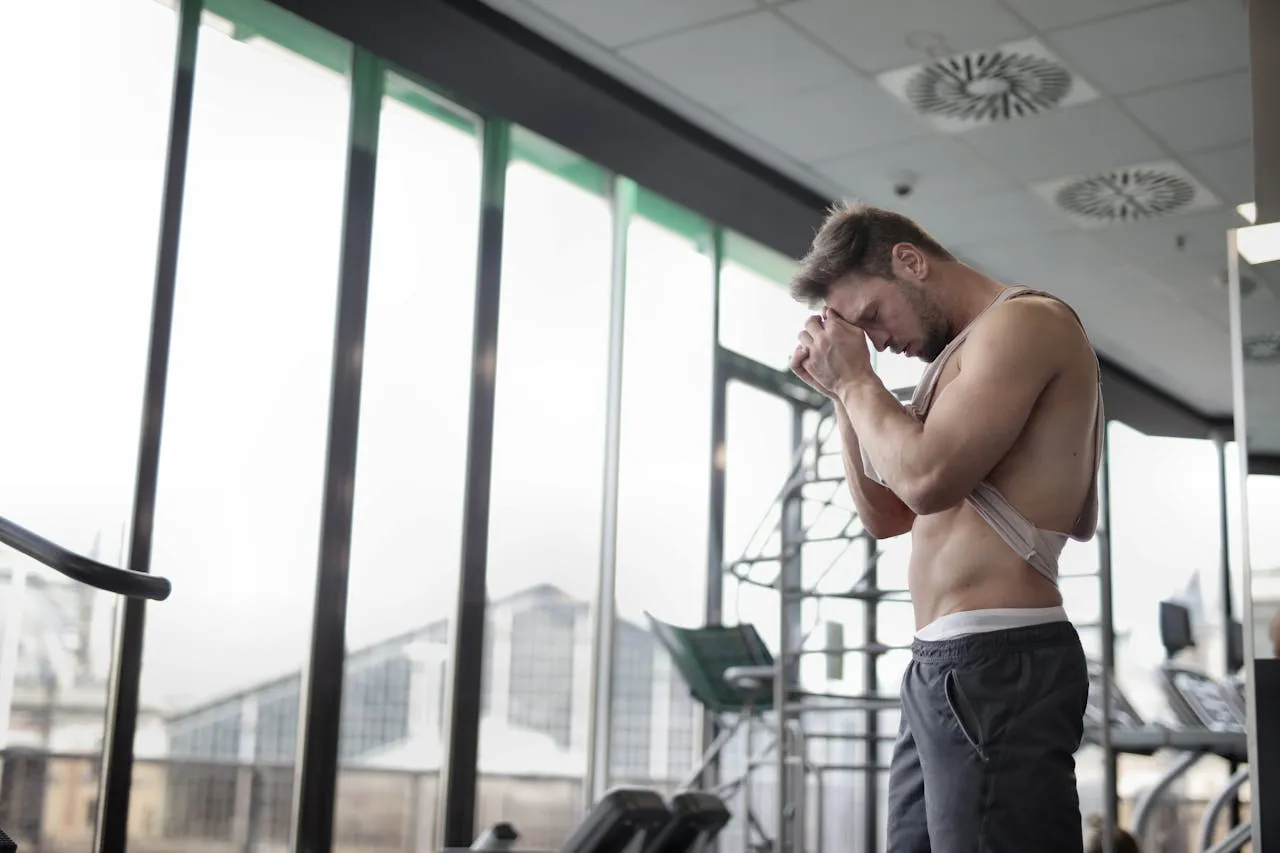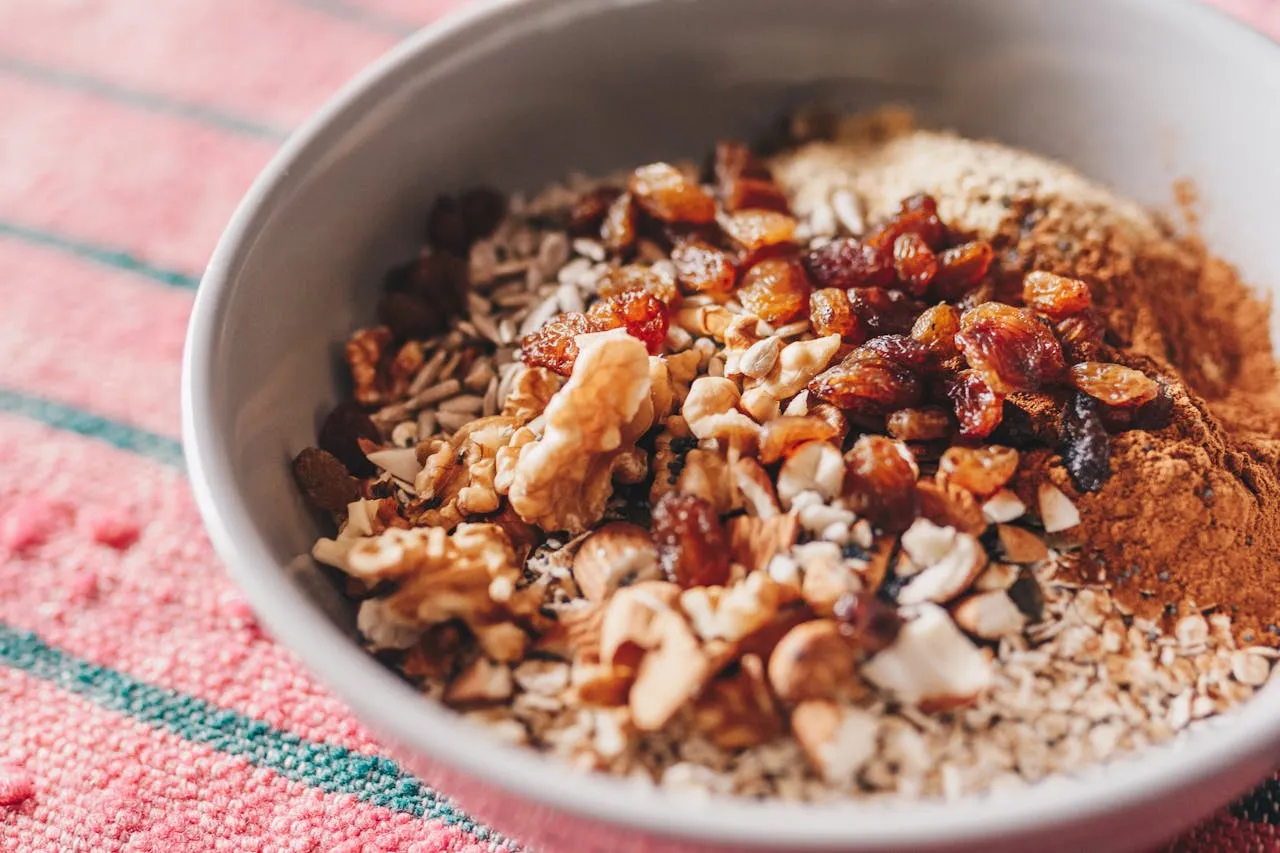 Saturday, March 1, 2025
Saturday, March 1, 2025Ramadan and Fitness: How to Optimally Adjust Your Training
Ramadan is a spiritual time of reflection and fasting for many Muslims. However, a common question arises: how can one stay fit despite long fasting hours? Achieving the right balance between nutrition, training, and rest is essential to prevent muscle loss and maintain performance. A thoughtful plan helps to navigate through Ramadan in a healthy physical and mental state.

Effects of Fasting on the Body
During fasting, metabolism undergoes significant changes. Initially, the body utilizes its glycogen stores as an energy source. Once these are depleted, it resorts to fat reserves. This transition presents some advantages, as well as challenges for fitness enthusiasts:
Benefits of Fasting for Athletes
Improved Fat Burning: As the body taps into stored fat for energy, fasting can aid in reducing body fat.
Detoxification of the Body: Fasting stimulates autophagy, a cellular cleansing process that breaks down and regenerates damaged cells.
- Enhanced Insulin Sensitivity: Fasting can improve the body's response to insulin and reduce the risk of diabetes.

Challenges for Athletes during Fasting
Reduced Muscle Protein Synthesis: Fasting limits protein intake, which can slow muscle growth.
Lower Performance during High-Intensity Workouts: With glycogen stores empty, quick energy for intense training sessions may be lacking.
- Increased Risk of Dehydration: Especially in warm climates, a lack of fluids can significantly impair athletic performance.

Optimal Training Times during Ramadan
The timing of workouts is crucial to minimize energy losses and maintain muscle gain.
| Timing of Training | Benefits | Disadvantages |
|---|---|---|
| Before Iftar (before breaking the fast) | Fat burning is particularly effective; training with empty glycogen stores promotes fat utilization. | Low energy levels, risk of dehydration. |
| After Iftar (after breaking the fast) | More energy from ingested food; muscle preservation through protein intake. | Digestive issues from training too soon after eating. |
| Before Suhoor (before the morning prayer) | Sufficient time for overnight recovery; opportunity for protein and carbohydrate intake. | Lack of sleep may reduce performance. |

The Best Training Strategy during Ramadan
The intensity and type of training should be adjusted to the modified conditions:
Strength Training during Ramadan
Focus on Compound Exercises: Exercises such as squats, deadlifts, and bench presses engage multiple muscle groups and are efficient.
Reduced Training Intensity: Train at 60-70% of your maximum weight to minimize muscle loss.
- Training Frequency: 3-4 times a week is sufficient to maintain muscle mass.

Cardio Training during Ramadan
Light to Moderate Training: Walking or light jogging is preferable to intense endurance training.
- Optimal after Iftar: This allows the body to access nutrients directly, maintaining stable performance.
HIIT Training
Only after Breaking the Fast: As HIIT is very intense, it should not be performed on an empty stomach.
- Limited Duration: Maximum of 20-30 minutes to avoid overtraining.

Nutrition Tips for Fitness during Ramadan
To ensure your body remains capable during the fast, proper nutrition is vital:
Suhoor (Meal before Fasting)
Long-Chain Carbohydrates: Oats, whole grain bread, and quinoa provide lasting energy.
Healthy Fats: Avocados, nuts, and olive oil help delay hunger.
Proteins: Eggs, yogurt, and cottage cheese contribute to muscle repair.
Hydration: Drink at least 500 ml of water to keep the body hydrated.

Iftar (Breaking the Fast)
Start with Dates and Water: They quickly replenish glycogen stores and balance blood sugar levels.
Protein Sources: Chicken, fish, beef, or plant-based alternatives like lentils.
Complex Carbohydrates: Sweet potatoes, brown rice, or whole grain pasta replenish energy stores.
Hydration: Drink at least 2-3 liters of water between Iftar and Suhoor to prevent dehydration.

Recovery and Sleep during Ramadan
At least 6 hours of sleep: Sleep deprivation can impair recovery and performance.
Power Naps: Short naps of 20-30 minutes can help regain energy.
- Maintain a Sleep Routine: Try to have a fixed bedtime, despite the altered daily schedule.

Supplements for Athletes during Ramadan
Protein Shakes: Can help optimize daily protein intake.
BCAAs (Branched-Chain Amino Acids): Can reduce muscle loss when protein intake is limited.
Omega-3 Fatty Acids: Support joint health and reduce inflammation.
Multivitamins: Help to compensate for potential nutrient deficiencies.

Conclusion
Fitness during Ramadan is certainly achievable if training is adapted to the altered conditions. A wisely chosen training schedule, thoughtful nutrition, and adequate recovery contribute to staying fit and healthy even while fasting. By listening to one’s body and establishing a sustainable routine, one can benefit from the health advantages of fasting. Through the right balance between training, nutrition, and recovery, it is possible to use Ramadan to strengthen the body while also enjoying the spiritual experience.


